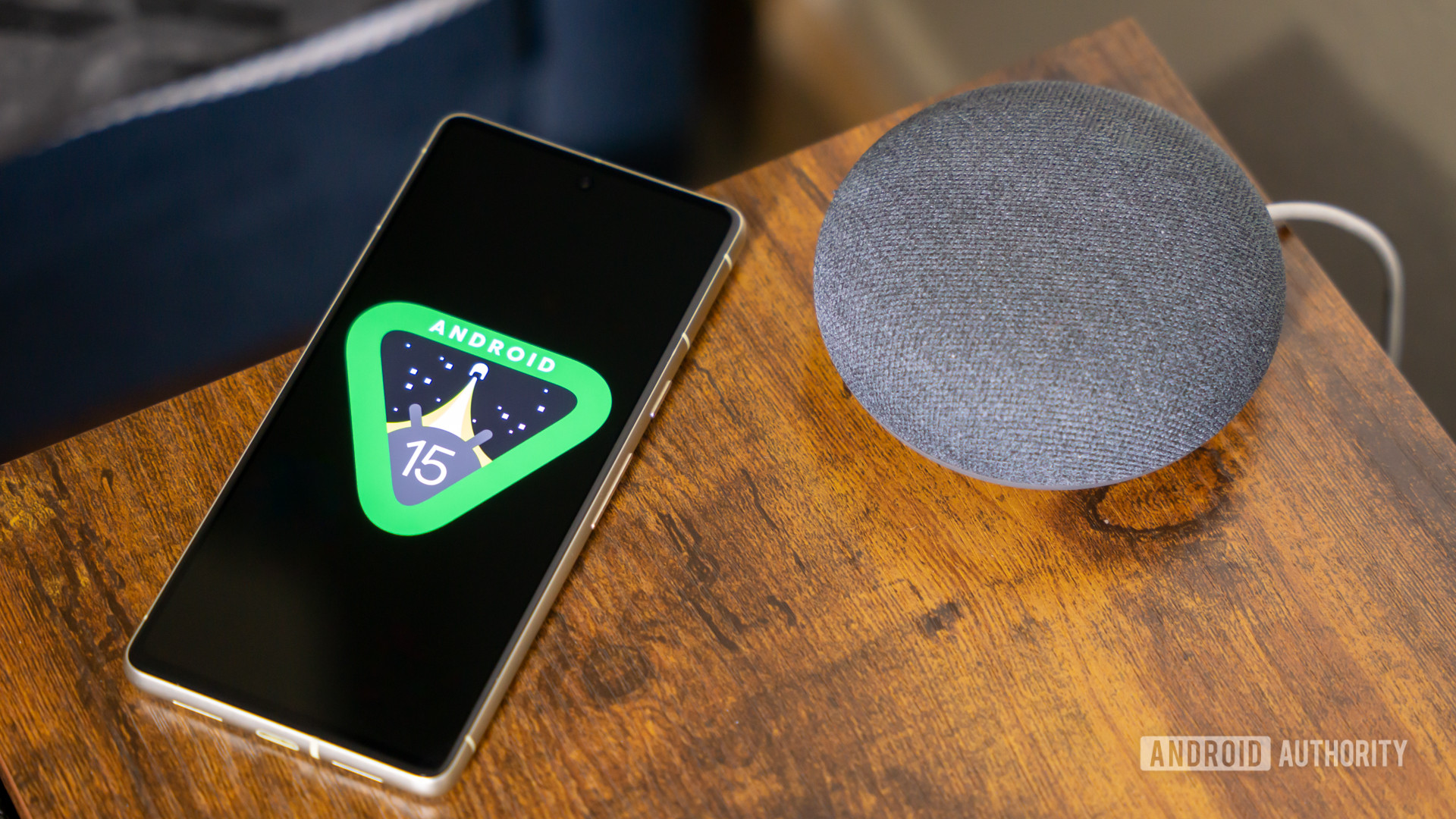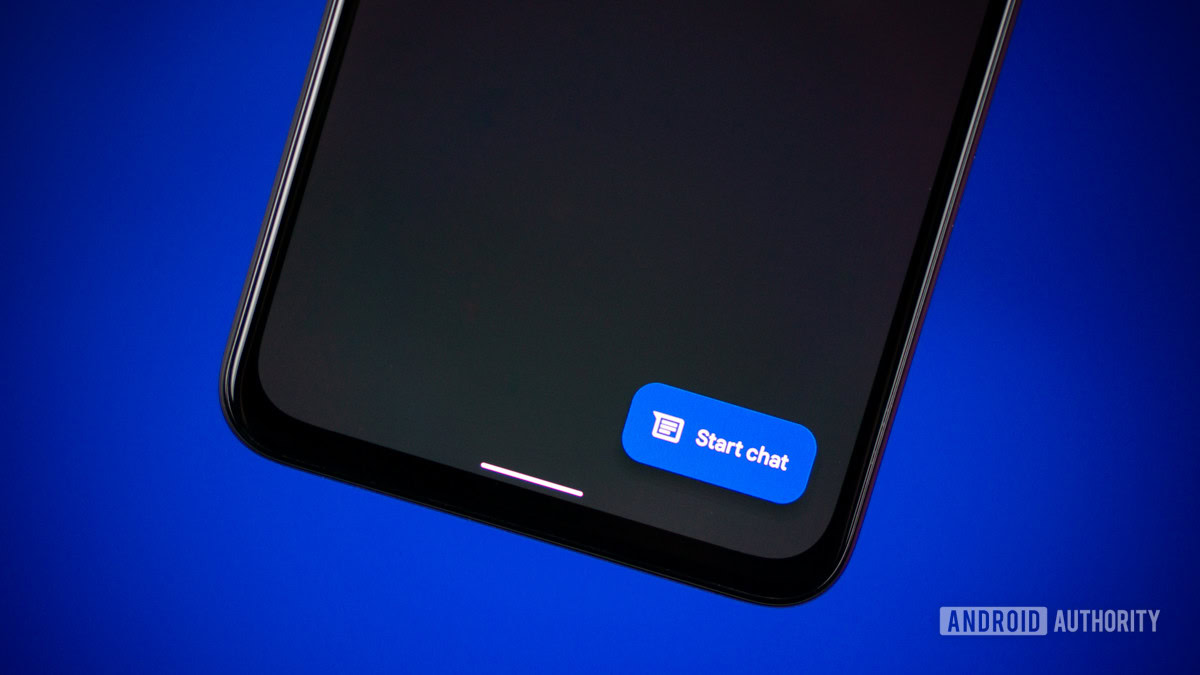Google gives Android a speed boost after memory management upgrade

Android is soon about to get a nice little performance boost that should make it faster and more efficient than before. Specifically, Google is working on making its OS support hardware with 16KB page sizes.
Today, the company published a new post on its Android Developer Blog announcing that Android will soon be page-size agnostic. By page-size agnostic, the firm means Android will support both 4KB and 16KB page devices. The company is opening up the option for developers to switch between 4KB and 16KB on the Pixel 8 and Pixel 8 Pro with Android 15 QPR1 Beta 1.
What exactly does this mean for the average user? Not much at the moment, but when more hardware starts supporting this, it will boost performance and efficiency. As Google explains, it should result in videos looking better, games performing better, and apps operating more smoothly:
In most CPUs, dedicated hardware called memory management units (MMUs) translate addresses from what a program is using to a physical location in memory. This translation is done on a page-size basis. Every time a program needs more memory, the operating system needs to get involved and fill out a “page table” entry, assigning that piece of memory to a process. When the page size is four times larger, there is four times less bookkeeping. So, the system can spend more time making sure your videos look great, games play well, and applications run smoothly, and less time filling out low-level operating system paperwork.
The motive of this announcement is basically to say that they are enabling support now so OEMs can start getting on board. Google states that it saw a 5-10% boost in overall performance by using larger page sizes. However, there’s a trade-off where 9% more physical memory is used. We’ll need to wait a while before end users like you and I get to see the benefits of this.
Source link




